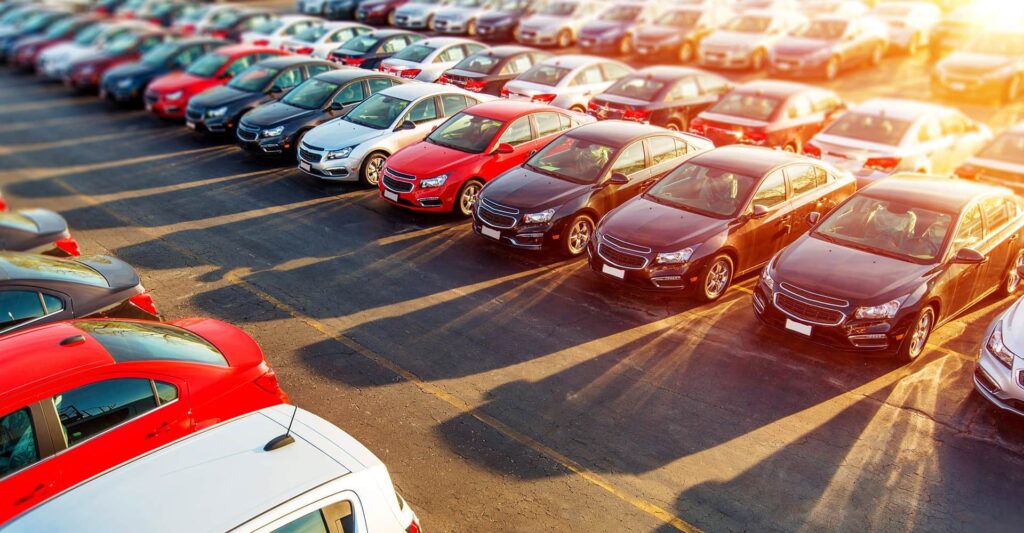1. Less vehicle depreciation
Vehicle depreciation is an unavoidable reality of driving, but a used vehicle offers much less depreciation than a new vehicle. New cars typically depreciate about 20 percent when they are driven off the lot. And most cars will lose another 10 percent in value during the first year. That’s a loss in value of 30 percent during the initial year of ownership.
A used vehicle depreciates at a much slower rate than a new vehicle. This is because once you are behind the wheel of the vehicle it will have already undergone its major depreciation. Brand new cars depreciate the moment they leave the lot, but a used vehicle equals slower depreciation, which means you’ll have a more stable loan-to-value ratio.
2. Lower insurance costs
Insurance costs vary based on your age, driving history, credit score, mileage and location. Typically — just as the vehicle will cost less — insurance for a used vehicle tends to be lower than that of a new vehicle. A key factor in determining the cost of car insurance is the value of the car. Because a used car has less value than a newer version, the cost of insurance should be less.
In terms of recommended coverage, if your vehicle is older, then you may want to consider liability only if your state allows it, versus adding comprehensive and collision coverage if your vehicle is newer. But insurance rates are not always consistent, so to save money, be sure to compare rates and research your expected auto insurance cost before driving off the dealership lot.
3. Lower dealership fees
Just as insurance varies by ZIP code, the expected fees that come with your used vehicle are not created equal across all 50 states. But they are less expensive than the fees associated with a new vehicle because the cost of the vehicle is less in the first place. This is especially true for any sales tax that you may have to pay.
To prepare for the additional fees that come with used vehicle ownership, check your state DMV website for specifics regarding title tax and registration fees and documentation fees.
4. More bang for your buck
Stretching your car-buying dollar is another major benefit that comes with buying a used car. You can buy more car by purchasing used rather than new.
If you have your sights set on a luxury vehicle, you may not be able to afford this year’s model, but one that is two or three years old could better fit your budget. It’s also important to consider the fact that carmakers are no longer redesigning their models every year, so the tech and style differences may be less noticeable.
Calculate these potential savings and even compare which is right for you with a new versus used car calculator.
5. More peace of mind
In the past, driving used cars carried a stigma and many drivers saw it as a risk, but the availability of vehicle history reports has altered this landscape. Drivers now can see details about a car’s ownership, accident history, title status, mileage and more.
Before signing off on a used vehicle take advantage of offerings from websites like Carfax and AutoCheck to see history reports on the vehicle. Based on the car’s vehicle identification number, or VIN, these reports provide an array of valuable information including verification of the mileage and whether the vehicle was ever declared a total loss by an insurance company.
